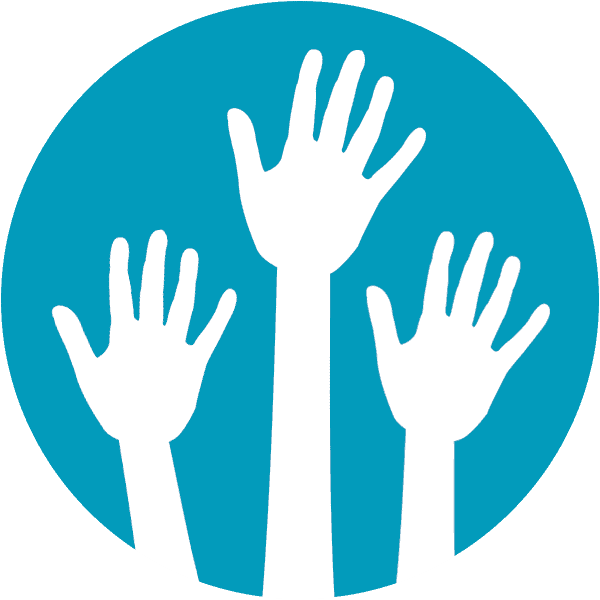DMRF Tackles Urgent Need for Movement Disorder Specialists
 The Dystonia Medical Research Foundation (DMRF) announced Abhimanyu Mahajan, MD, MHS, University of Cincinnati, as the latest recipient of the DMRF Clinical Fellowship Award to support training in the diagnosis and treatment of movement disorders with special expertise in dystonia. Dr. Mahajan’s mentor is Alberto J. Espay, MD, MSc, Professor of Neurology, Director, James J. and Joan A. Gardner Family Center Research Chair for Parkinson’s Disease and Movement Disorders. The Clinical Fellowship Training Program is funded through grants from Allergan Foundation and Merz Pharmaceuticals.
The Dystonia Medical Research Foundation (DMRF) announced Abhimanyu Mahajan, MD, MHS, University of Cincinnati, as the latest recipient of the DMRF Clinical Fellowship Award to support training in the diagnosis and treatment of movement disorders with special expertise in dystonia. Dr. Mahajan’s mentor is Alberto J. Espay, MD, MSc, Professor of Neurology, Director, James J. and Joan A. Gardner Family Center Research Chair for Parkinson’s Disease and Movement Disorders. The Clinical Fellowship Training Program is funded through grants from Allergan Foundation and Merz Pharmaceuticals.
In addition to treating dystonia patients, DMRF clinical fellows must dedicate a percentage of time to research. Dr. Mahajan’s research project is entitled “Cerebellar Degeneration in Tremor-Dominant Cervical Dystonia: Clinical and Neuroimaging Cohort Study.” Cervical dystonia is a focal dystonia characterized by involuntary movements and abnormal postures of the neck and head. Dr. Mahajan is using imaging and gait analysis in patients that have cervical dystonia with and without head tremor. The main hypothesis is that tremor-dominant cervical dystonia is a distinct subtype marked by greater dysfunction in the cerebellum compared to non-tremor cervical dystonia. Confirmation of this could inform treatment approaches and patient selection for future clinical trials.
“Few things are more important when facing dystonia than having access to a qualified doctor for accurate diagnosis and treatment. The DMRF is committed to creating opportunities for young investigators to embark on a research career in dystonia,” says Art Kessler, President of the DMRF. “There is an urgent need for additional movement disorder specialists, especially because funding trends in academic institutions severely limit the availability of fellowships for rare disorders like dystonia—making opportunities for specialized training all the more rare.”
Twenty-eight physicians have received DMRF clinical fellowships to date. These outstanding clinicians have since joined movement disorder programs at prestigious institutions and begun practicing in communities previously without a dystonia expert.
Dystonia is a chronic, often disabling, neurological disorder marked by extreme, involuntary muscle contractions that cause abnormal body movements and postures. Common signs include abnormal movements of the head and neck, excessive blinking, a breathy or choking voice, hand cramps, or a twisted foot. Because dystonia is not better known, symptoms are often mistaken for mental illness, intoxication, or poor social skills. Dystonia impacts people of all ages and backgrounds. There is currently no cure, and though treatments exist there is no single therapy that benefits even a majority of patients.
The Dystonia Medical Research Foundation is a 501(c)(3) non-profit organization dedicated to advancing research for improved dystonia treatments and ultimately a cure, promoting awareness, and supporting the well-being of affected individuals and families.



